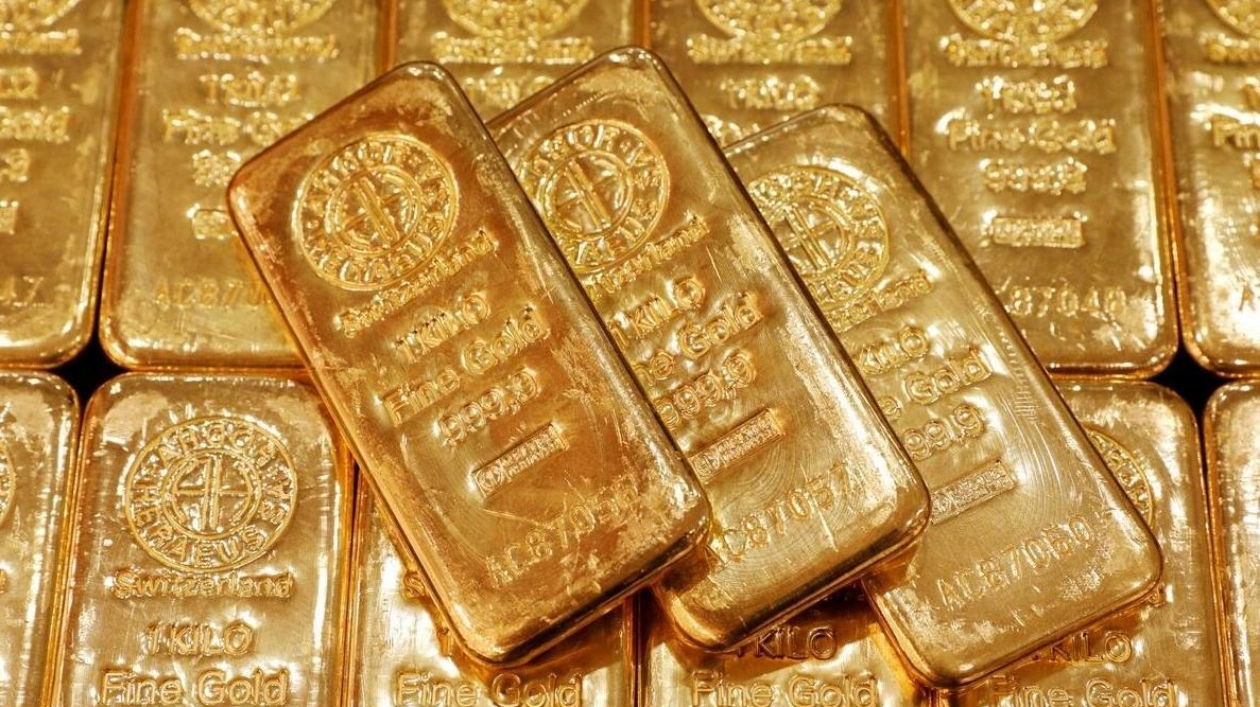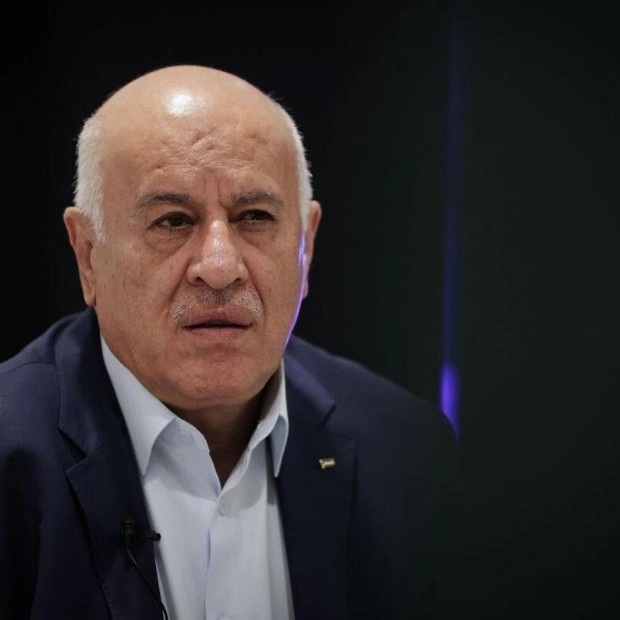Gold prices surged more than 1% on Tuesday amid heightened safe-haven demand, driven by escalating fears of a full-scale conflict in the Middle East following Iran's launch of ballistic missiles at Israel. Spot gold rose 1% to $2,661.63 per ounce by 1:40 p.m. ET (1740 GMT), after reaching an all-time high of $2,685.42 on Thursday. U.S. gold futures also settled 0.9% higher at $2,690.3.
Iran's retaliatory missile strike against Israel, in response to Israel's operations against Tehran's Hezbollah allies in Lebanon, has intensified geopolitical tensions. "If there are significant casualties in Israel, it could lead to a full-blown Middle East war, which is what traders are currently concerned about," said Jim Wyckoff, senior market analyst at Kitco Metals. This concern could further boost safe-haven demand for gold.
Gold is traditionally viewed as a secure investment during periods of political and financial instability. "It's a natural reaction to buy gold as a safe haven, but unless an Iranian missile causes substantial damage in Israel, the situation might resemble the April attack where similar ordnance was almost entirely intercepted," noted Tai Wong, a New York-based independent metals trader.
In addition, the benchmark U.S. 10-year bond yield declined, making non-yielding bullion more appealing. Market participants will closely monitor U.S. labor data this week and comments from various Federal Reserve officials for further insights into the Fed's policy direction.
Bullion experienced its worst day in over four weeks on Monday after Fed Chair Powell hinted at likely quarter-percentage-point rate cuts. However, the recent rally's underlying factors—expectations of lower U.S. interest rates and safe-haven demand due to geopolitical instability—remain unchanged, according to Ricardo Evangelista, senior analyst at ActivTrades.
Other precious metals also saw movement, with spot silver rising 0.7% to $31.36 per ounce, platinum gaining 1.2% to $987.70, and palladium falling 0.6% to $994.50.






